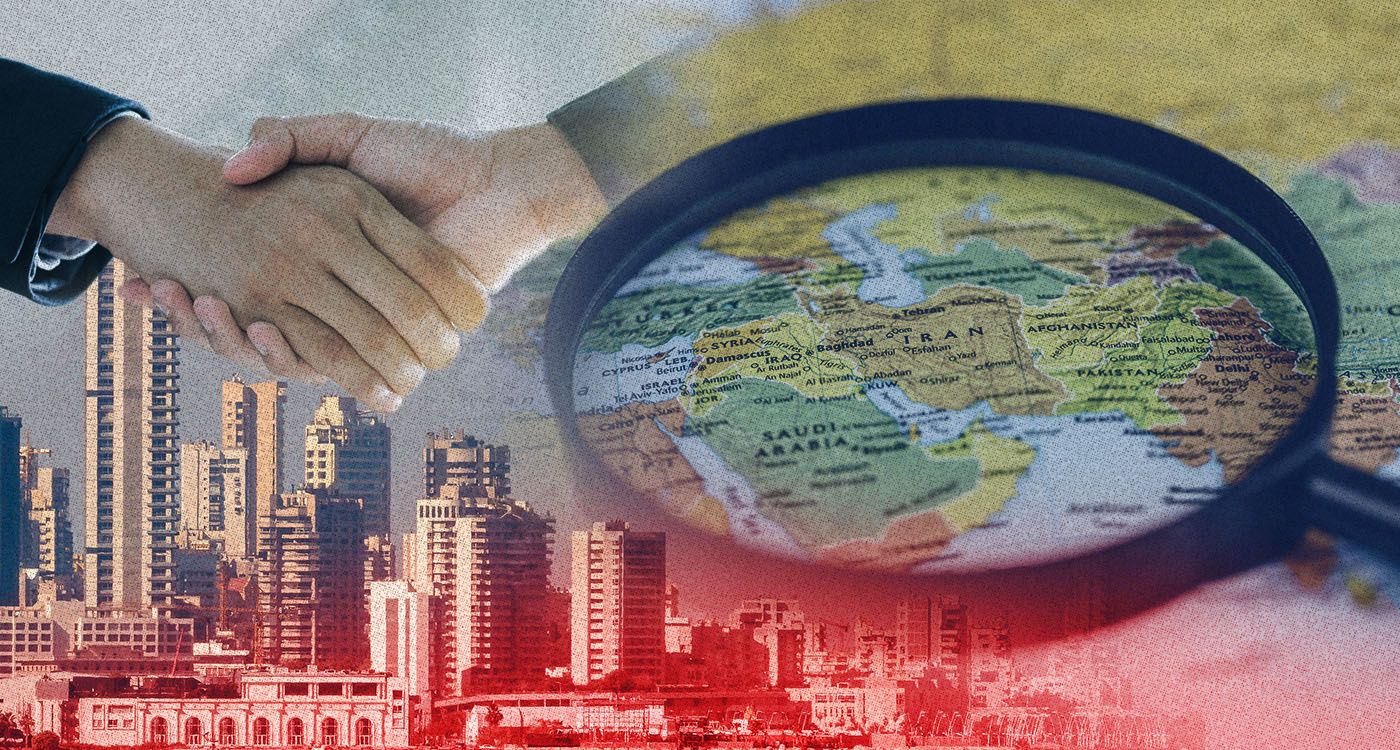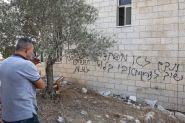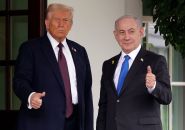- Home
- Middle East
- Are Things Looking Brighter for the Middle East?

©This Is Beirut
A year after Israel defanged Hezbollah, and in the wake of the annual opening of the UN General Assembly and several developments related to the Middle East, it may be a good time to take stock. In my 38-year career of diplomacy in the Middle East, anytime someone expressed optimism, I would suggest a head examination might be in order. However, today there are a few glimmerings of things that might help the region stabilize.
Gaza
Recent days saw the first signs of a serious, credible plan to deal with the aftermath of two years of war in Gaza. This is not a reference to European states' recognition of a Palestinian state, a symbolic gesture that is more a reflection of those countries' inability to do anything meaningful than of any reality on the ground. Instead, it is a reference to the 21-point plan referenced by President Trump. The devil will be in the still-to-be-seen details, but at last someone is talking about a phased transition plan to deal with governance, security, and economic development once a ceasefire is in place and Hamas' major weapons are destroyed. It is grounded in certain realities, namely that Israel will not accept a plan that enables Hamas to continue in a governance role, and the Palestinians living in Gaza are unlikely to accept rule by the corrupt and discredited officials who hold sway over Ramallah and the Palestinian Authority. Instead, it calls for "temporary, transitional" governance by qualified Palestinians and international experts. Second, it calls for a temporary international stabilization force developed by Arab and international partners with the IDF handing over territory until there is a complete Israeli withdrawal with the exception of an undefined "perimeter presence." Third, there is reference to restored aid but not much substance yet on who or what will rebuild this devastated strip of land.
Critics can and will throw their potshots at this conception, but it is not only in the realm of reality but also has, at least for now, the full backing of the American president. The Israeli government accepted it, and President Trump claimed his consultations during the UN meetings showed broad support among likely partners. We will see. But there is finally something to work with, if there is a ceasefire. Since it deals Hamas out of the equation, it may be even harder to reach a ceasefire, which means the IDF will continue to blast away at what remains of it. Meanwhile, diplomacy finally has some goalposts and superpower engagement—in other words, half a chance.
Iran
The second sign of realism linked to credible diplomacy was the treatment Iran received at the UN in September. Namely, it had hardly a friend. All the news was about the adoption of the snapback provision of UN sanctions on Iran, spearheaded by able and determined European diplomacy, for a refreshing change. Meanwhile, the head of the IAEA, Rafael Grossi, made clear in a series of interviews and public statements that Iran was not in compliance with IAEA standards, but that he would continue his efforts and engagement with Iran to move it in that direction. That is a wise approach to test whether and when Iran will see the reality of its isolation. Evidence of resumed work on its degraded nuclear program will only bring more pressure, more hardship, and probably more Israeli and American unilateral military action. Sustaining that pressure over time may bring a shift in Iran's policies and create an opening for diplomacy. Time will tell, and would-be diplomats should hold their initiatives until these pressure tactics take their toll.
Syria
America, Europe, and Arab states have few options other than to work with Syrian leader Ahmed al-Sharaa and try to make the best of a takfiri leader reigning over those parts of Syria under his control. The swooning over him in the hallways of the UN and salons of the five-star hotels seemed out of step with the reality of his regime's treatment of significant minorities at home and his fudging words at the UNGA podium about his extremist past and attitude toward transitional justice today. His statements about living in peace with his neighbors are insufficient if he is not in control of extremist elements inside Syria that threaten those neighbors, or worse, if he is in control and not impeding them. Syria is in fact becoming the region's flashpoint.
Lebanon
Lastly, the good news is that Lebanon hardly featured at the UN because of the broad international support enjoyed by President Aoun and Prime Minister Salam as they navigate the opportunity—but challenge—of restoring the state's monopoly of arms. American diplomatic support for them is considerable, as is Washington's confidence in the Lebanese Army. Even the always skeptical Israeli leader spoke positively of Lebanon, of his hope that not only will the Lebanese complete the task of defanging Hezbollah, but that if they do so, Israel will extend a hand of peace to the Lebanese State.
What a remarkable transition the region has experienced.
Read more




Comments